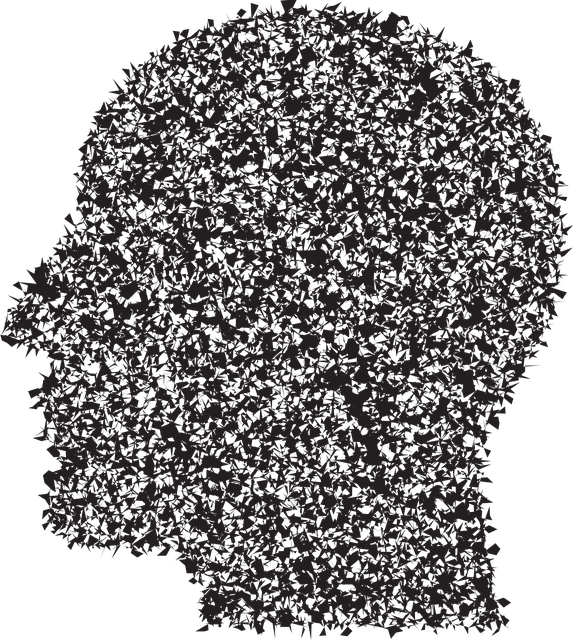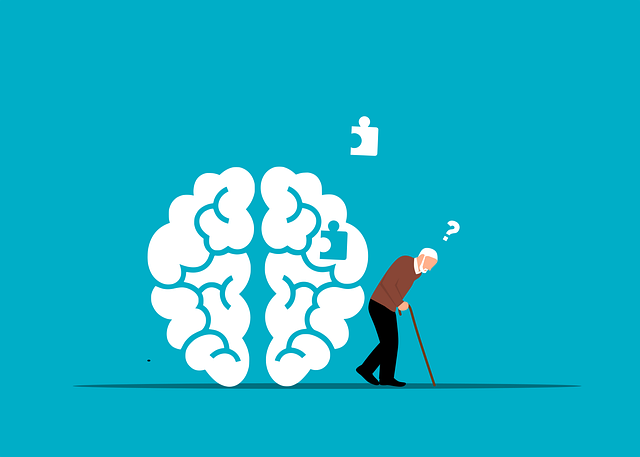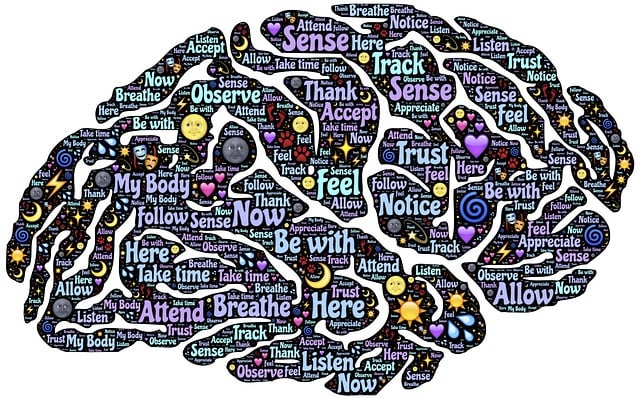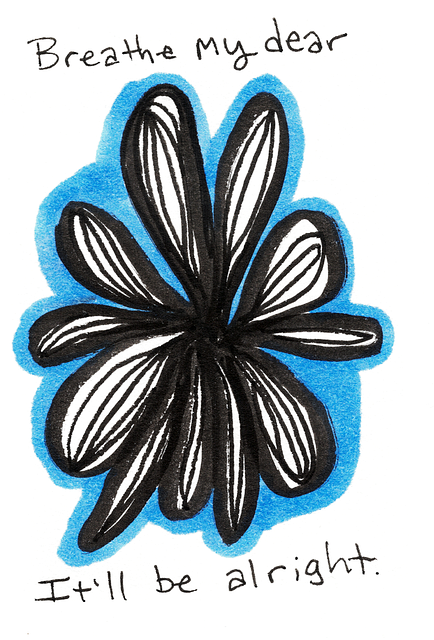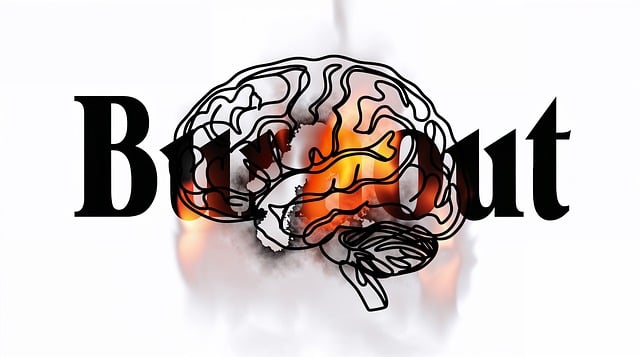Stress from work, finances, relationships, or health issues can lead to severe physical and mental health consequences, including anxiety disorders, depression, heart disease, and compromised immune systems. Cognitive Behavioral Therapy (CBT) is an effective therapy option for adults struggling with depression-related stress, focusing on changing negative thought patterns. Community outreach programs, policy advocacy, lifestyle changes, and professional guidance through tailored therapy and compassionate care are crucial for long-term mental well-being and recovery from depression.
Stress reduction is a vital aspect of maintaining mental well-being, especially for adults grappling with depression. This comprehensive guide explores effective strategies to combat stress and its profound impact on daily life. From understanding the root causes of stress to discovering tailored therapy options for adult depression, we delve into practical lifestyle changes and valuable support resources. By implementing these methods, individuals can navigate their mental health journey with enhanced resilience and improved quality of life.
- Understanding Stress and its Impact on Adults
- Therapy Options for Managing Depression-Related Stress
- Lifestyle Changes for Effective Stress Reduction
- Additional Support Resources for Adult Depression Management
Understanding Stress and its Impact on Adults

Stress is a prevalent issue among adults today, with many facing chronic stress due to various life circumstances. It can stem from work pressure, financial worries, personal relationships, or even health concerns. When left unaddressed, stress can have significant impacts on both physical and mental well-being. Research suggests that prolonged stress is linked to an increased risk of anxiety disorders, depression, heart disease, and a weakened immune system. This underlines the importance of recognizing and managing stress effectively.
Understanding the triggers and sources of stress is the first step towards mitigating its effects. Many adults turn to therapy as a means of coping and improving their mental health. Cognitive-behavioral therapy (CBT) is a popular approach, helping individuals identify negative thought patterns and replace them with positive ones. By fostering resilience and encouraging healthy coping strategies, CBT empowers adults to navigate stressful situations more effectively. Additionally, community outreach programs and mental health policy analysis and advocacy play crucial roles in promoting stress reduction methods, ensuring accessibility to resources that support positive thinking and overall well-being.
Therapy Options for Managing Depression-Related Stress

For individuals struggling with depression-related stress, various therapy options can provide effective management strategies. Cognitive Behavioral Therapy (CBT) is a widely recognized and successful approach for adults dealing with depression. CBT focuses on identifying and changing negative thought patterns and behaviors, empowering individuals to cope with stressful situations more adaptively. Through this therapeutic process, patients learn to challenge distorted thinking, gain healthier perspectives, and develop constructive responses to stressors.
In conjunction with CBT, other forms of therapy like interpersonal psychotherapy (IPT) and psychodynamic therapy can offer trauma support services tailored to address underlying issues. Mental health policy analysis and advocacy play a crucial role in ensuring accessibility to these treatments, while mental illness stigma reduction efforts contribute to creating an environment where individuals feel comfortable seeking help. These comprehensive approaches aim to holistically address depression-related stress, offering long-term solutions for improved mental well-being.
Lifestyle Changes for Effective Stress Reduction

Lifestyle changes play a pivotal role in effective stress reduction, especially for adults dealing with depression. Simple yet profound shifts can significantly improve mental wellness. Engaging in regular physical activity, such as walking, yoga, or swimming, releases endorphins that act as natural mood boosters. Additionally, adopting healthy eating habits and prioritizing quality sleep can substantially enhance one’s resilience to stress. These holistic approaches not only alleviate symptoms of depression but also foster a sense of calm and balance.
Seeking professional guidance is another crucial aspect of managing stress. Therapy for adults with depression offers tailored strategies for coping with life’s challenges. Mental wellness coaching programs, often coupled with cultural competency training for healthcare providers, cater to diverse populations, ensuring personalized care. By combining these approaches, individuals can cultivate positive thinking and develop robust mechanisms to navigate stressful situations, ultimately enhancing their overall well-being.
Additional Support Resources for Adult Depression Management

For adults struggling with depression, accessing appropriate support resources is essential for effective management and recovery. Beyond traditional therapy for adults depression, such as cognitive-behavioral therapy (CBT) or interpersonal psychotherapy, there are various complementary approaches that can significantly enhance well-being. One such method is compassion cultivation practices, which focus on developing self-compassion and kindness towards oneself and others, fostering a sense of resilience against negative thoughts and emotions.
Risk management planning for mental health professionals is another crucial aspect. This involves identifying potential triggers and implementing strategies to mitigate risks associated with depression. By combining therapy sessions with confidence-boosting techniques, mindfulness exercises, and supportive networks, individuals can navigate their journey towards recovery more effectively. These comprehensive approaches not only address the symptoms of depression but also empower adults to build long-lasting coping mechanisms.
Stress reduction is a multifaceted approach, especially in managing depression. By understanding the impact of stress on adults and exploring therapy options like cognitive-behavioral therapy (CBT) for adults depression, lifestyle changes such as regular exercise and mindfulness practices, and utilizing support resources, individuals can effectively navigate and reduce their stress levels. Integrating these strategies into daily life offers a holistic path to improved mental well-being and enhanced resilience against stressful situations.

